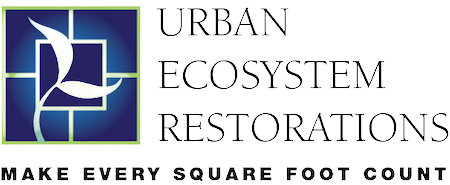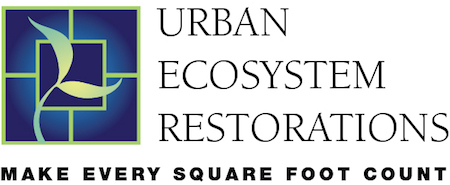UER recognizes that prioritizing diversity and inclusion is not just the right thing to do from an ethical standpoint; it is also central to UER’s success as an organization. Time and again, studies show that diverse teams outperform homogeneous teams. For example, in the for-profit world, diversity and inclusion lead to stronger financial results. For other organizations and teams, diversity and inclusion support better decision-making, deeper engagement and other benefits.
Despite the well-documented evidence of the strengths of diverse teams, too often, organizations lack meaningful diversity. In 2014 a groundbreaking study was published entitled, “The State of Diversity in Environmental Organizations: Mainstream NGOs, Foundations & Government Agencies.” The report summarizes findings from a study of 191 conservation and preservation organizations, 74 government environmental agencies, and 28 environmental grantmaking foundations. The study found that environmental boards face some of the same representation gaps as corporate boards. For example, the study revealed that in 2014, more than 70% of the presidents and chairs of the board of conservation/ preservation organizations were male, even though about half of the population is female; and ethnic and racial minorities occupied less than 12% of the leadership positions in the environmental organizations studied, even though they comprised about 38% of the U.S. population at the time of the study. Clearly, the environmental community is not immune to the challenges of diversity and inclusion found broadly in society.
Board Source has produced a helpful compilation of reports and resources exploring the state of the nonprofit sector on diversity, inclusion, and equity, and resources for organizations seeking to enhance their work on these critical topics. One thing is clear: meaningful progress on diversity and inclusion takes focused effort.
UER recognizes that the degradation of the natural environment is detrimental to everyone, and often presents disparate impacts on vulnerable or historically disadvantaged communities and populations. Meanwhile, a sound and healthy natural environment, including eco-functioning spaces (EFS), benefits everyone. It is against this backdrop that UER has deliberately embarked on its own diversity and inclusion journey. After a series of board-level discussions, UER has published its Diversity and Inclusion Statement. The statement not only serves as a public commitment to diversity and inclusion; it also sets the tone for how UER operates as an organization. In the near term, one of the priorities for UER is to continue to diversify its board and to find ways for all perspectives on the board to be meaningfully heard. Along the way, UER will seek inputs from diverse stakeholders on how it’s doing in terms of board composition, and other aspects of its work. UER looks forward to hearing from you on this important matter.

